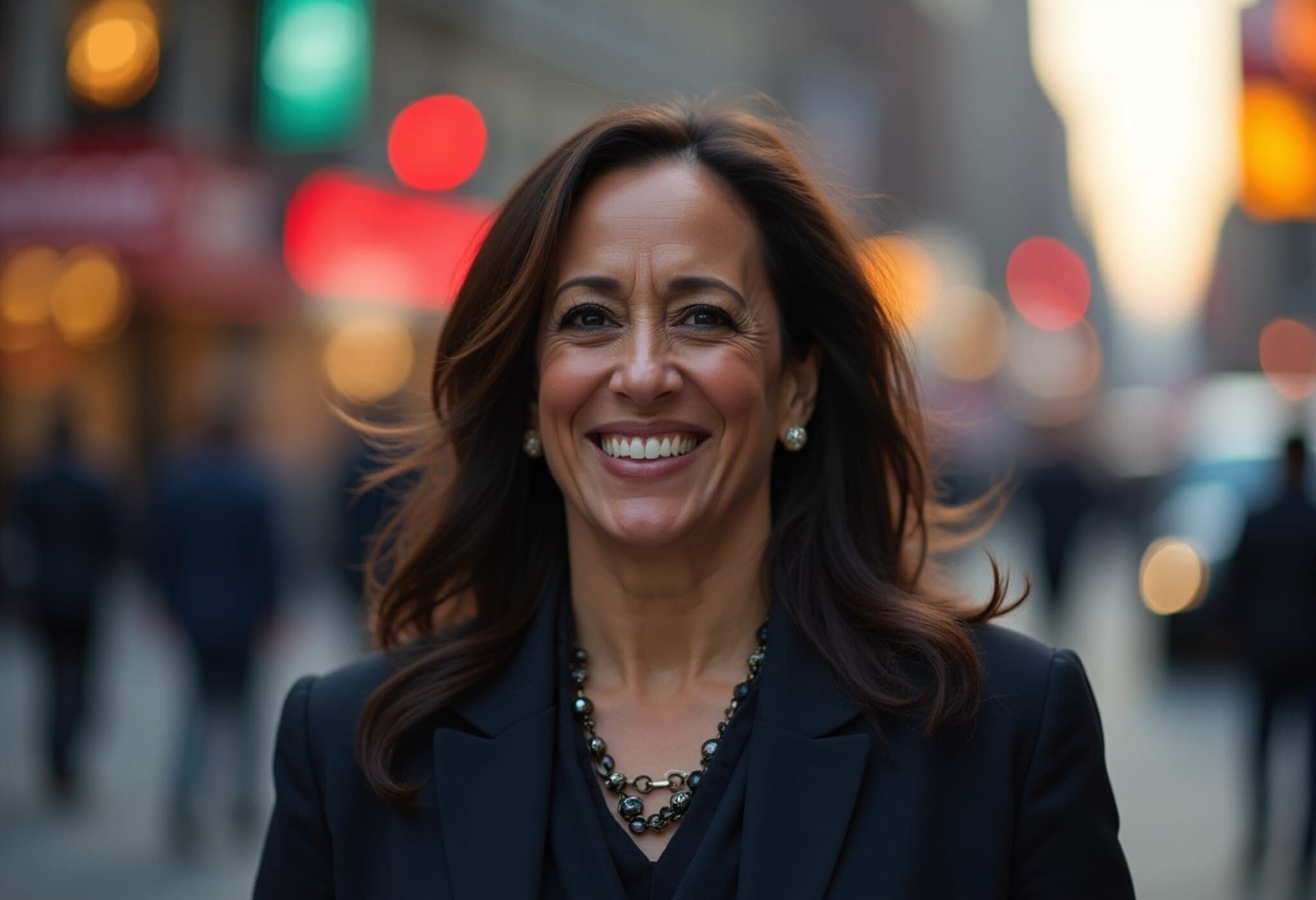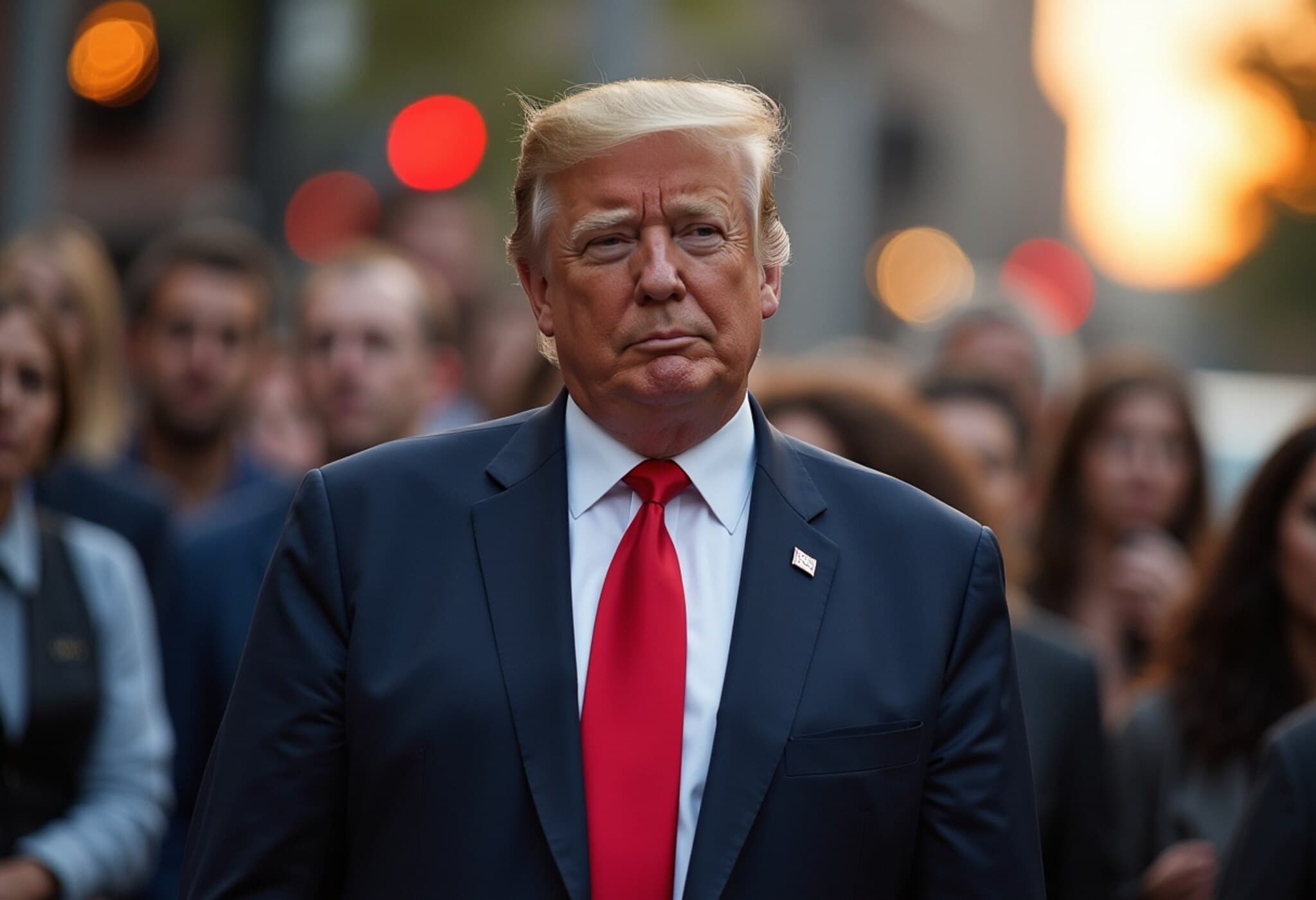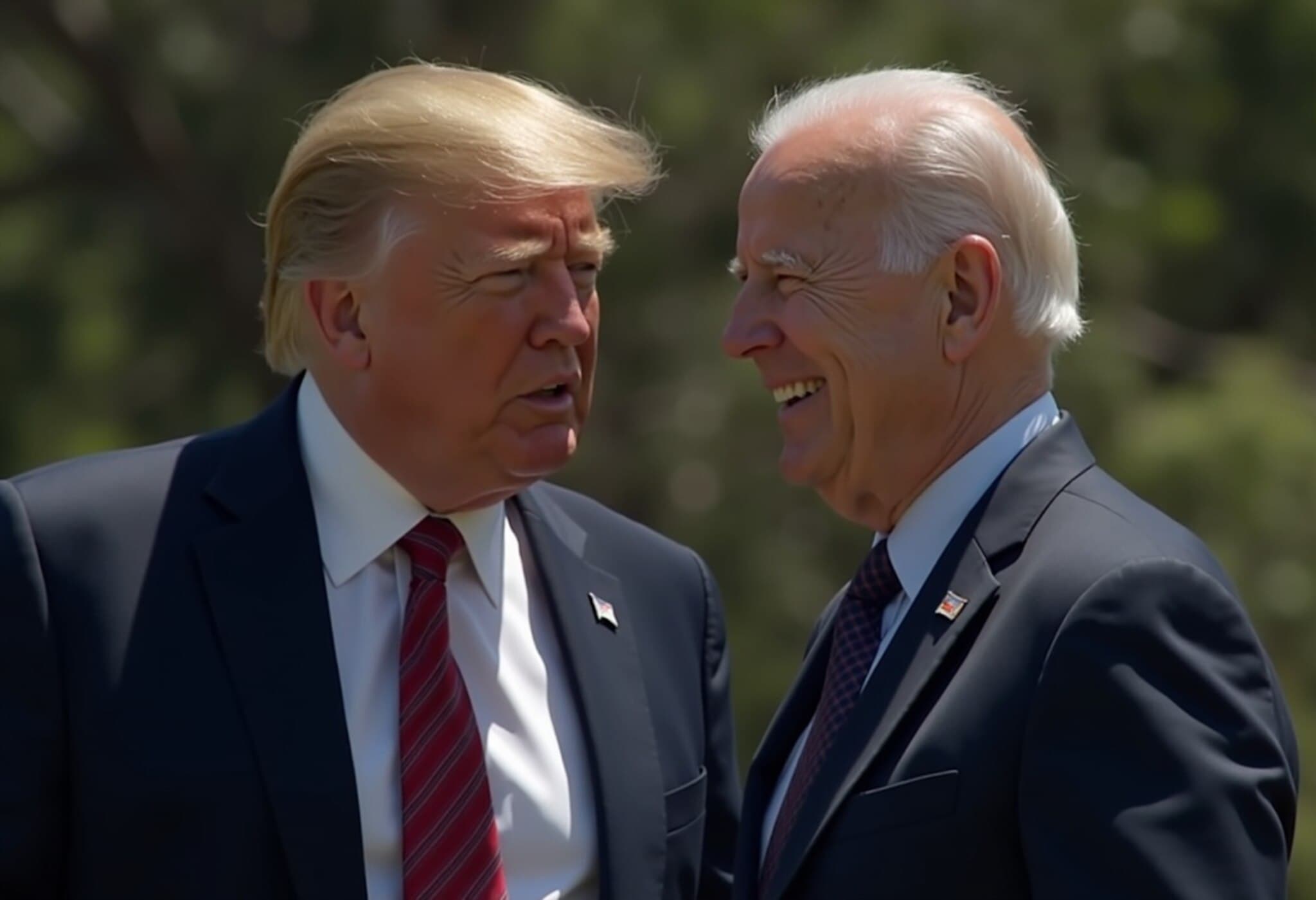Republicans Reignite Controversial ‘They/Them’ Campaign in 2026 Midterms
As the 2026 midterm elections approach, the Republican Party is resurrecting a provocative slogan from the 2024 presidential race to attack Vice President Kamala Harris and other Democrats on transgender rights. The phrase, “Kamala is for they/them,” first popularized by Donald Trump’s 2024 campaign, mocks Harris’s past support for policies that allowed detained immigrants access to gender-transition-related healthcare.
Now, this slogan has re-emerged in ads led by the Senate Leadership Fund (SLF), targeting Democrats in key battleground states such as North Carolina, Georgia, and Virginia. The ads focus on transgender rights, particularly spotlighting transgender women’s participation in women’s sports and healthcare access, intensifying the culture war rhetoric ahead of the crucial elections.
The Origins and Strategy Behind the ‘They/Them’ Slogan
During the 2024 campaign, Trump’s team, under co-campaign manager Chris LaCivita, employed the slogan to capitalize on cultural anxieties among certain voter blocs, particularly men, Hispanic communities, and suburban mothers. LaCivita recently told CNN that the messaging “achieved the results that we were looking for,” underscoring its effectiveness in mobilizing conservative voters around social and gender identity issues.
The phrase “they/them” refers to non-binary pronouns commonly used by individuals who do not identify strictly as male or female, making it a potent symbol within the transgender rights debate. Republicans have seized this term to paint Democrats as pushing extreme or “radical” transgender policies, especially in the context of sports participation and healthcare.
Key States at the Forefront
- North Carolina: The SLF has launched ads criticizing Democratic Senate candidate and former governor Roy Cooper, accusing him of siding with “they/them” and striking back at his vetoes of bills aimed at restricting transgender women from competing in women’s sports. Here, the GOP frames Cooper’s stance as emblematic of “radical transgender ideology.”
- Georgia: Senator Jon Ossoff faces similar attacks. An ad during a basketball game quipped, “Man-to-man defense isn’t woke enough for Ossoff, he’s playing for they/them.” Ossoff’s campaign dismissed these as distractions from urgent local concerns, citing Republican-backed Medicaid cuts that adversely affect low-income communities.
- Virginia: Republican governor candidate Winsome Earle-Sears has targeted Democrat Abigail Spanberger by questioning whether parents want their daughters to share sports teams and locker rooms with transgender women, tapping into deep-seated cultural fears and debates.
Democrats Push Back, Emphasizing Economic and Healthcare Issues
Democratic officials labeled the renewed focus on transgender rights by Republicans as a smokescreen to avoid meaningful discussion on pressing pocketbook issues. Viet Shelton, spokesperson for the Democrats’ House campaign, accused Republicans of prioritizing an “anti-freedom agenda” over initiatives to lower costs and support the middle class.
However, this issue is not universally divisive within the Democratic Party. Some Democrats acknowledge and sympathize with concerns over fairness in women’s sports. Politicians like California Governor Gavin Newsom and U.S. Transportation Secretary Pete Buttigieg have publicly recognized the complexity and “fairness issues” inherent in transgender participation in sports.
Minnesota Governor Tim Walz, the 2024 Democratic vice-presidential nominee, warned against ignoring transgender rights, arguing this could alienate the LGBTQ+ community and make Democrats appear indifferent to trans children facing bullying. His caution highlights a deeper tension within the party about balancing social justice advocacy with broader electoral strategy.
The Bigger Picture: Cultural Battles in American Politics
The resurgence of the “they/them” slogan exemplifies how the transgender rights debate continues to be weaponized as a cultural wedge issue in American politics. By framing transgender policies as extreme or unfair, Republicans seek to galvanize conservative voters while Democrats grapple with internal divisions and the challenge of addressing both social and economic priorities.
As the midterms near, voters will likely see increased use of identity-focused ads aiming to influence public opinion not just on policy but on fundamental questions of identity, fairness, and freedom.
Editor’s Note:
The use of gender identity as a political tool raises urgent questions about the future of civil rights in America. It also prompts reflection on how political messaging shapes public discourse and voter priorities. As parties double down on culture war issues, the challenge remains: Can American democracy engage with such complexities without alienating large segments of the population or simplifying deeply personal human experiences to catchy campaign slogans?
Readers should consider how the shifting cultural narratives intersect with policy impacts on healthcare, education, and social equity, and what that means for both political parties’ strategies going forward.












